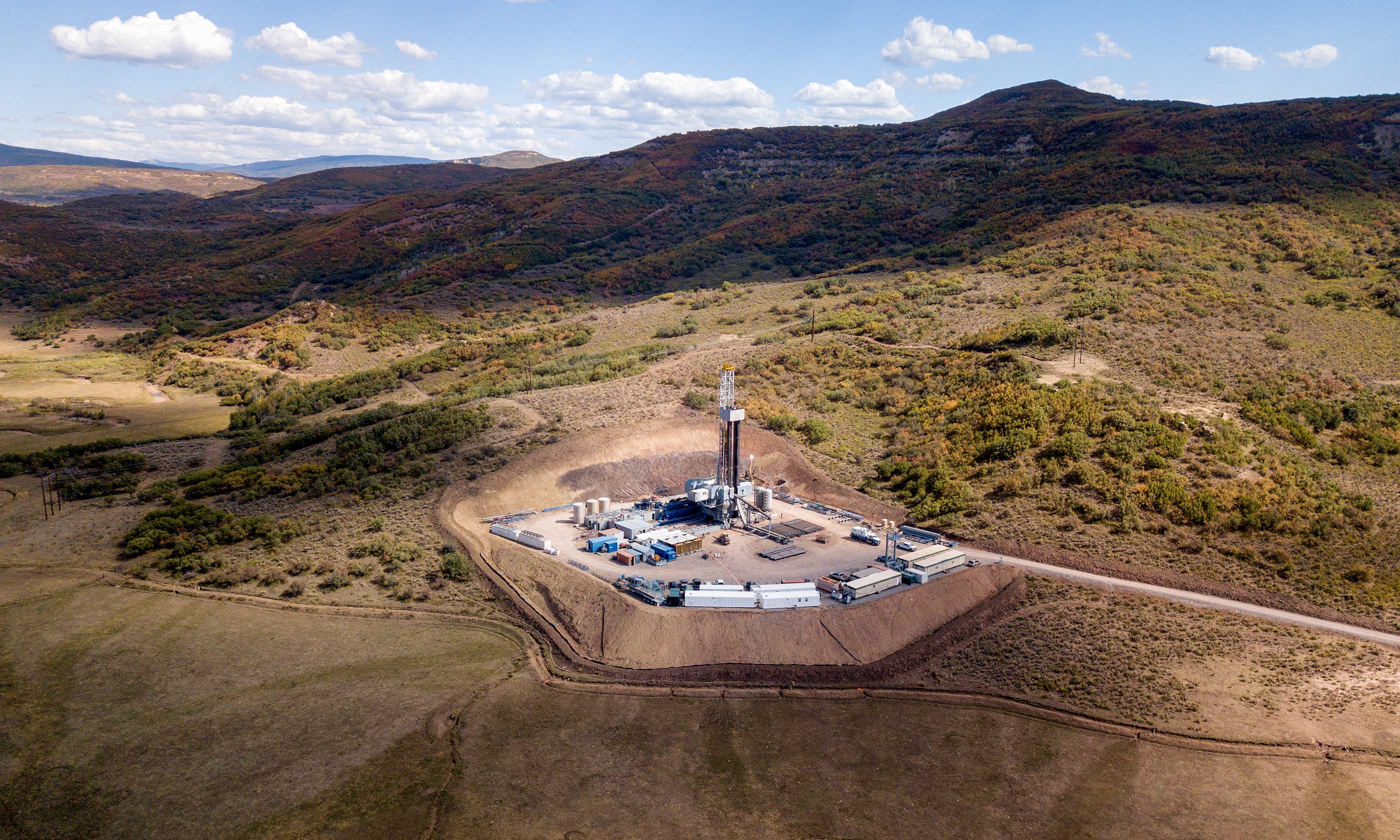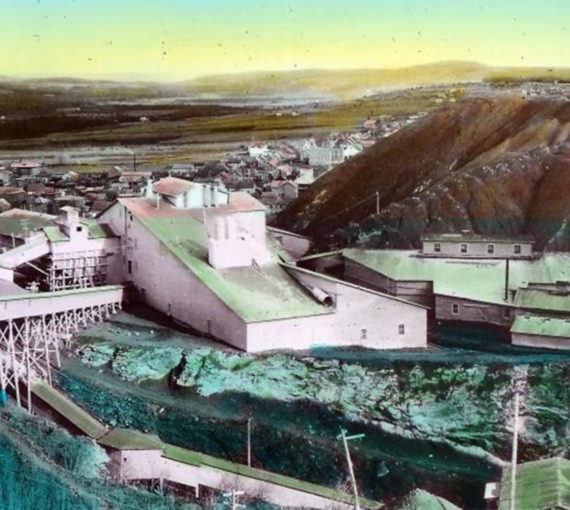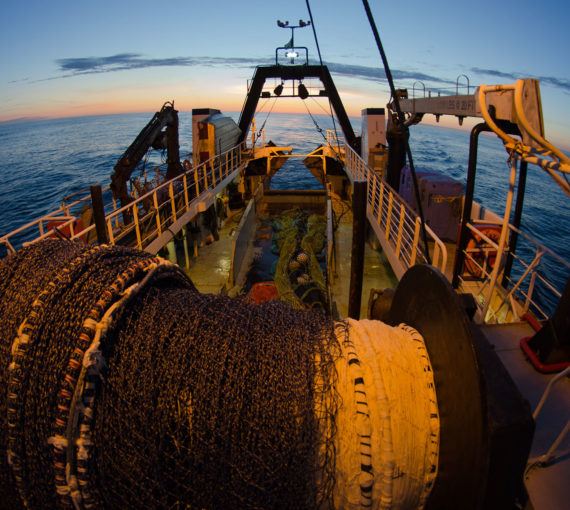
Methane pollution is a big climate problem, but if we take action, reducing methane emissions can be a big part of the solution.
More than 9,000 citizens sent messages — by petition, tweets and letters to the editor — asking the B.C. government to eliminate methane pollution from the oil and gas sector.
The B.C. government says it is listening. Energy, Mines and Petroleum Resources Minister Michelle Mungall and Minister of Environment and Climate Change Strategy George Heyman write that the province is developing a modified version of the federal methane regulation that will produce the same emission reductions.
We’re continuing to hold provincial and federal governments responsible for setting strong, effective methane regulations as one solution for climate change.
Read the ministers’ response:
November 29, 2018
Thank you for forwarding emails to us regarding methane emissions in British Columbia. Please forward this response to those writers or post it on your website.
The Province of British Columbia is actively working to address methane emissions from the oil and gas sector and has committed to achieve a 45 percent reduction by 2025.
Our government is gathering data, conducting analysis and determining strategies that will deliver methane emission reductions cost-effectively. A research group has been established to support practical science-based studies for addressing knowledge gaps in methane emissions data related to oil and gas development. The Province is also working with the federal government to improve emissions data through field studies launched this summer.
The Province is using the information gathered and considering best practices from other jurisdictions to develop a modified version of the federal regulation that will produce the same emission reduction outcomes as the federal regulation. British Columbia’s regulations are being designed to fit our Province’s specific industry make-up as well as our unique legislation, and will be fine-tuned to achieve the greatest amount of reductions in the most cost-effective manner. Discussions on British Columbia’s approach to these regulations have already begun with environmental non-governmental organizations, including the David Suzuki Foundation, and will continue as the regulations progress into law.
Once the provincial regulations are in place, the Province will seek an agreement with the federal government that would acknowledge British Columbia’s regulations as being equivalent. An equivalency agreement will only be possible if British Columbia can demonstrate that its regulations will achieve the same required emissions reductions.
Finally, British Columbia recognizes the importance of encouraging early action prior to regulations coming into force and getting emission reductions as soon as possible. To achieve early reductions the Province continued this year with a program to incentivize industry innovations in methane emission reduction by using royalty deductions for eligible and effective projects. Projects under development from the first two iterations of the program are expected to significantly contribute to methane emission reduction targets. By moving forward with the above approach, the Province anticipates that it may achieve in the oil and gas sector methane emissions reduction target sooner than 2025. As the data begins to come in from additional research, regulatory implementation and emission reduction projects, further analysis will be conducted to determine what other means can be used in order to reduce the sector’s methane emissions even further.
In addition, in March 2018, Minister Mungall appointed an independent scientific panel (Panel) to review hydraulic fracturing. The mandate of the Panel is to review this practice in the context of ensuring that natural gas is produced safely and the environment is protected. As part of the review, the Panel has also been asked to look at fugitive emissions from the hydraulic fracturing process. To date the Panel has met with over sixty scientific, technical and regulatory experts including experts from environmental organizations. We look forward to receiving the Panel’s report on its findings and advice to government at the end of this year.
Thank you for writing and for your support of a clean-energy future for British Columbians. We appreciate the opportunity to hear from British Columbians about this important issue.
Sincerely,
Michelle Mungall
Minister of Energy, Mines and Petroleum Resources
George Heyman
Minister of Environment and Climate Change Strategy


